
News & Tips

Acuity Training Wins the Feefo Platinum Award – 4 Years in a Row
We are extremely proud to share that the team at Acuity Training has once again been awarded the Feefo Platinum trusted service award! This marks our 4th consecutive year receiving the honours. The Platinum Award is only given to businesses…
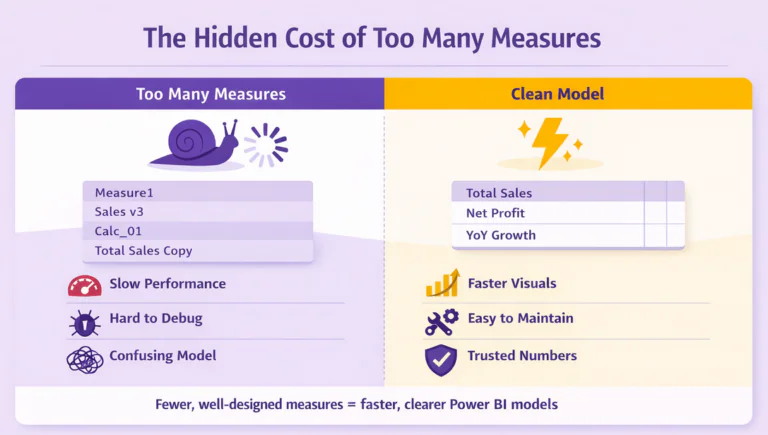
The Hidden Cost of Measures in Power BI
When you first start using Power BI, measures feel like magic. You type a quick SUM or CALCULATE, and your visual updates instantly. It’s exciting, until your model starts filling up with dozens, maybe hundreds, of measures. Before you know…

Acuity Training’s London Office – New Location!
Big news! We are officially moving to a new office in London with more facilities for our attendees! It’s a much more central location, and just 1.5 miles away from our old office. We will be moving effective from the…

4 Overused Excel Bad Habits That Slow People Down
Whether it’s delegates, trainers, or consultants – I spend a lot of time with Excel users! And to be honest, I see a lot of the exact same habits cropping up again and again. They slow people down, make spreadsheets…
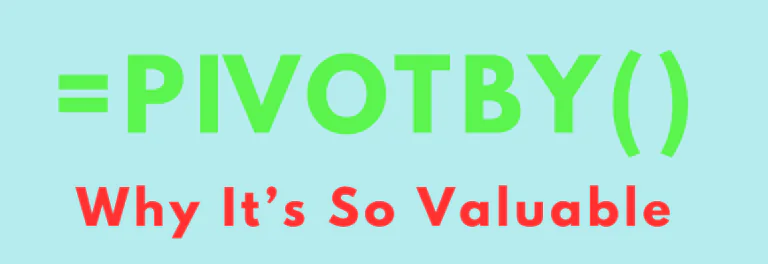
How to Use PIVOTBY in Excel (The New Way Of Reporting)
PivotTables are a classic, powerful tool in Excel. They are a great way to show you really understand Excel, and it’s more powerful tools. You can summarise and group data in just a few clicks, but they’re also a little…
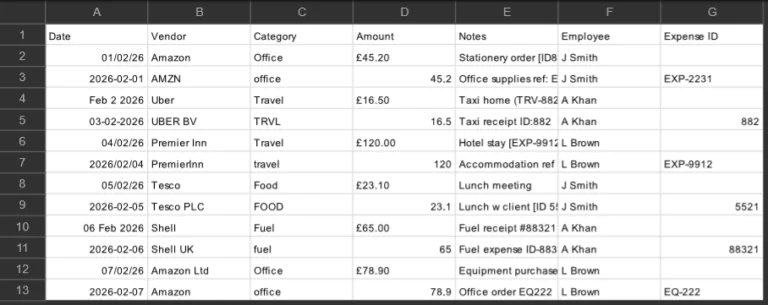
Building A Solid Data Cleaning Architecture: Guided Walkthrough
How does an Excel pro in 2026 turn messy data into a clean, reporting ready dataset? They design a complete, repeatable system. Modern Excel expertise isn’t just knowing formulas, it’s understanding how Excel works in the real world. Importing messy…

Excel’s New Functions Are Changing How We Work (2026 Guide)
Most of us learned Excel ages ago, and haven’t done much new since then – this goes for businesses and workers. For a very long time, most workplaces used Excel in more or less the same way. SUM formulas, VLOOKUPs,…

REGEXTEST: Checking Your Regex Works In Excel
Regex is one of the most powerful additions to modern Excel, but it has a real learning curve to it! Sometimes you’ll write what looks like the perfect patten, just to realise it isn’t doing what you expected. When you’re…
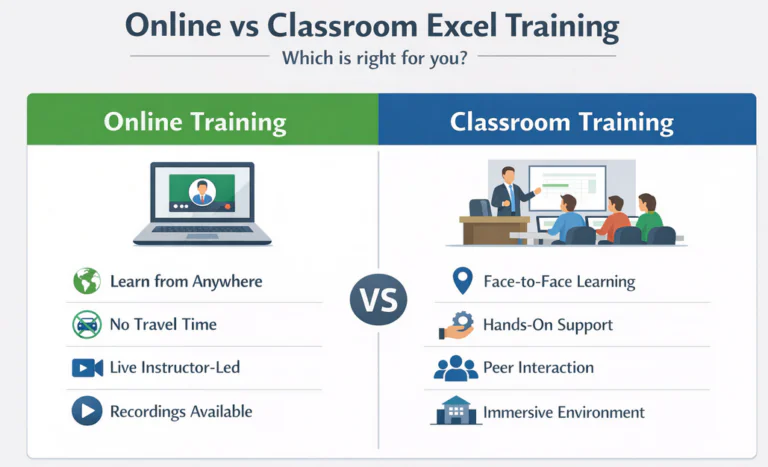
Online vs Classroom Excel Training – Which Format Should You Choose?
When it comes to improving your spreadsheet skills, the question isn’t just which course to take, but which format to learn in. Excel is at the centre of so many businesses, and selecting the right delivery will make a big…
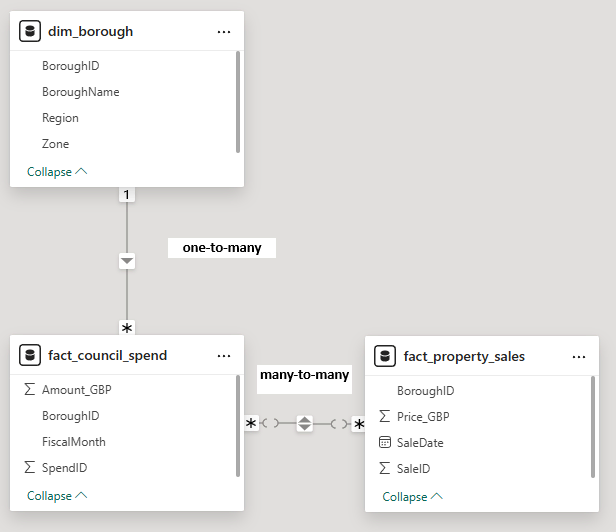
Power BI Relationships Explained (And Why “Many-to-Many” Is Almost Always Wrong!)
Relationships sit at the heart of literally everything you do in Power BI. Before you make measures, visuals and reports, relationships are established to define how your data fits together. Their job is simple on the surface – but vital:…
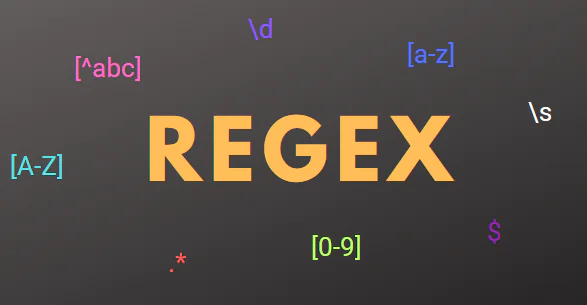
Using REGEXEXTRACT To Pull The Exact Data You Need
If you’ve used Excel with data exported from a CRM, you’ll know it doesn’t ever come the way you want it to! Order references get mixed up with descriptions, IDs get buried inside notes, and codes sit inside brackets or…

Regex in Excel & REGEXREPLACE
Microsoft has quietly been adding regular expression support to Excel, also known as regex. Instead of building up a few different text functions on top of each other, you can now use regex inside Excel formulas to search for patterns,…
- Facebook: https://www.facebook.com/profile.php?id=100066814899655
- X (Twitter): https://twitter.com/AcuityTraining
- LinkedIn: https://www.linkedin.com/company/acuity-training/